October 28, 2025 /SemiMedia/ — Germany’s t-online reported that the Dutch government’s September decision to take control of the China-owned chipmaker Nexperia stemmed from fears that the company might transfer core resources and technology to China. The move has triggered widespread concern across Europe’s semiconductor and automotive industries, adding new uncertainty to EU–China technology relations.
According to t-online, the intervention was led by acting Economic Affairs and Climate Policy Minister Vincent Karremans, who submitted a three-page letter to parliament titled “Guidance on the Application of the Goods Supply Act.” In the document, he cited “the prevention of capital and critical technology outflow” as the legal basis for imposing state trusteeship over Nexperia. The Amsterdam court later approved the temporary takeover request.
t-online noted that the action reflects Europe’s growing sensitivity over semiconductor supply chain security. While the Dutch government emphasized the decision was made to protect national and economic security, industry observers warned that such direct intervention could undermine investor confidence and create uncertainty in Europe’s technology cooperation environment.
At the same time, industry sources told Semi that the Dutch government’s swift action was also linked to internal strategic plans within Nexperia. Former CEO Zhang Xuezheng—who is also the founder of the company’s Chinese parent, Wingtech Technology—had reportedly planned to cut around 40% of Nexperia’s European workforce and close an R&D facility in Munich.
If implemented, the restructuring would have weakened Nexperia’s R&D and manufacturing presence in Europe, posing risks to the regional automotive and power semiconductor supply chain. Dutch officials viewed the situation as extending beyond corporate strategy, raising potential national security implications.
Karremans’ decision has drawn significant scrutiny. The 38-year-old minister, with a background in business administration, was appointed to the caretaker cabinet’s economic portfolio only weeks after serving as State Secretary for Youth, Prevention and Health. Before that, he was active mainly in local politics. His rapid promotion came amid coalition turmoil after far-right leader Geert Wilders and the centrist NSC party withdrew from the ruling alliance over asylum and Gaza policy disputes. Defending his decision, Karremans said that “Nexperia plays a vital role in the Dutch and European semiconductor ecosystem,” calling the takeover a “necessary safeguard.” However,analysts and industry voices argue that the government should have pursued a more measured approach, given the company’s importance to Europe’s supply chain.
The European Commission and the German government have since stepped in to mediate, seeking a balance between supply chain security and industrial cooperation. Analysts view the Nexperia case as a defining test of Europe’s approach to “chip sovereignty” and its commitment to global semiconductor collaboration.

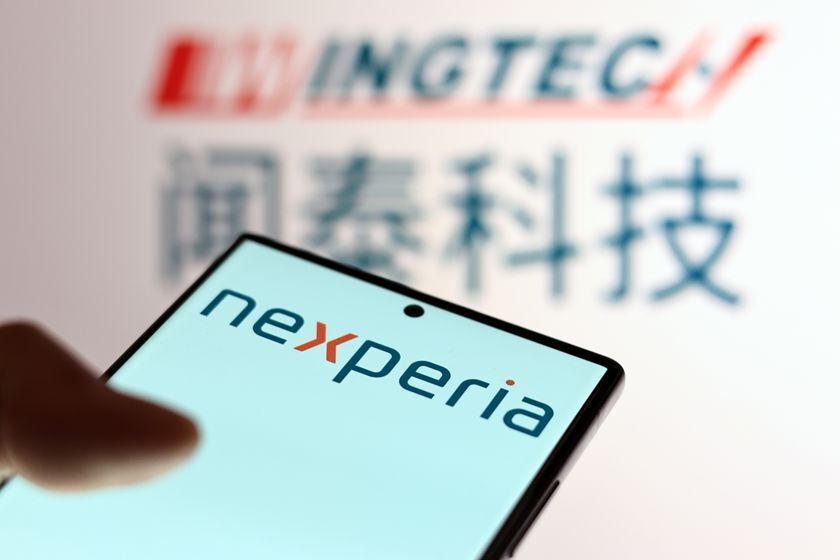




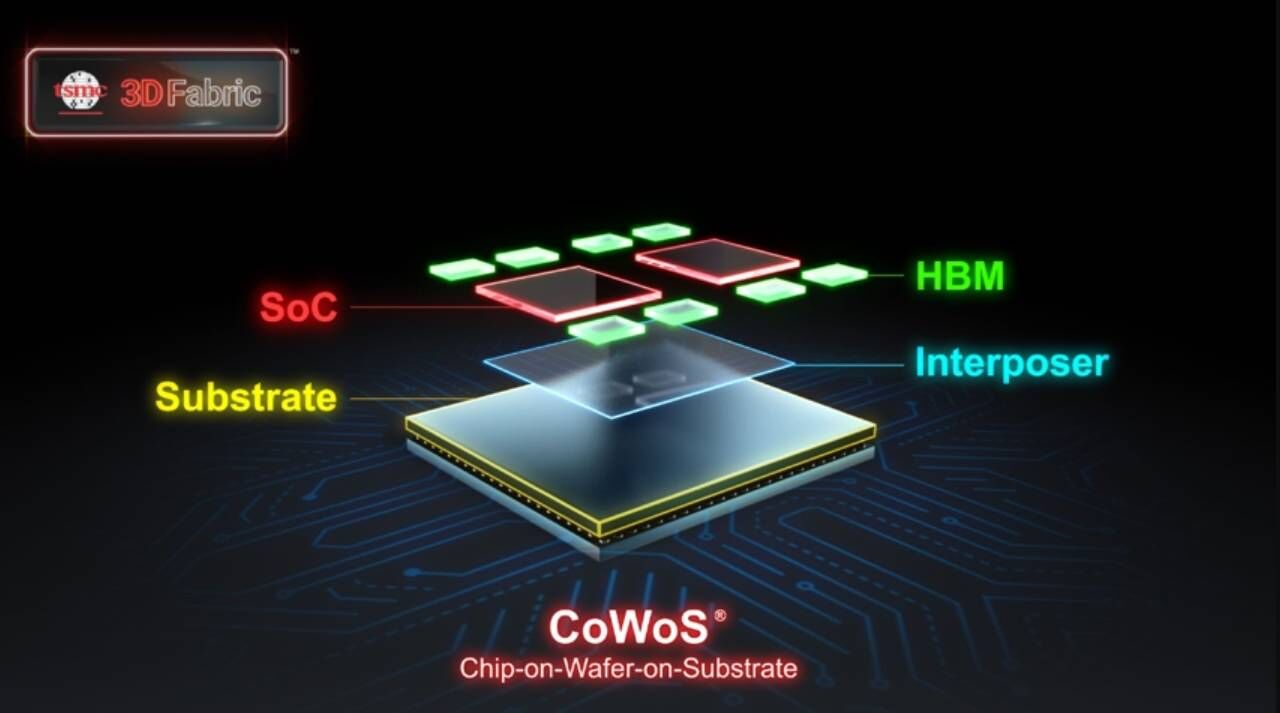

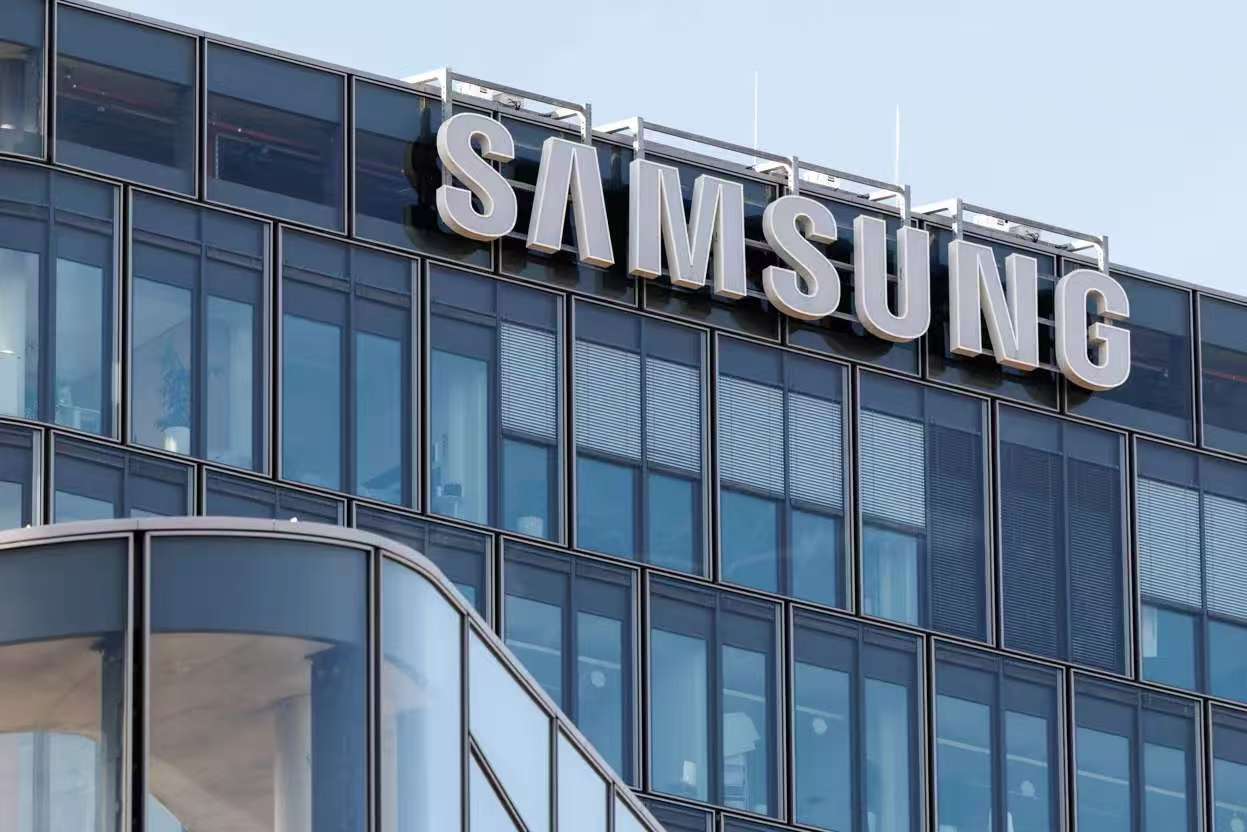
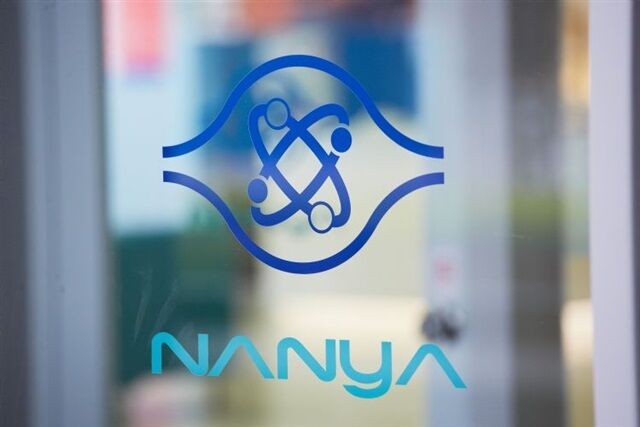
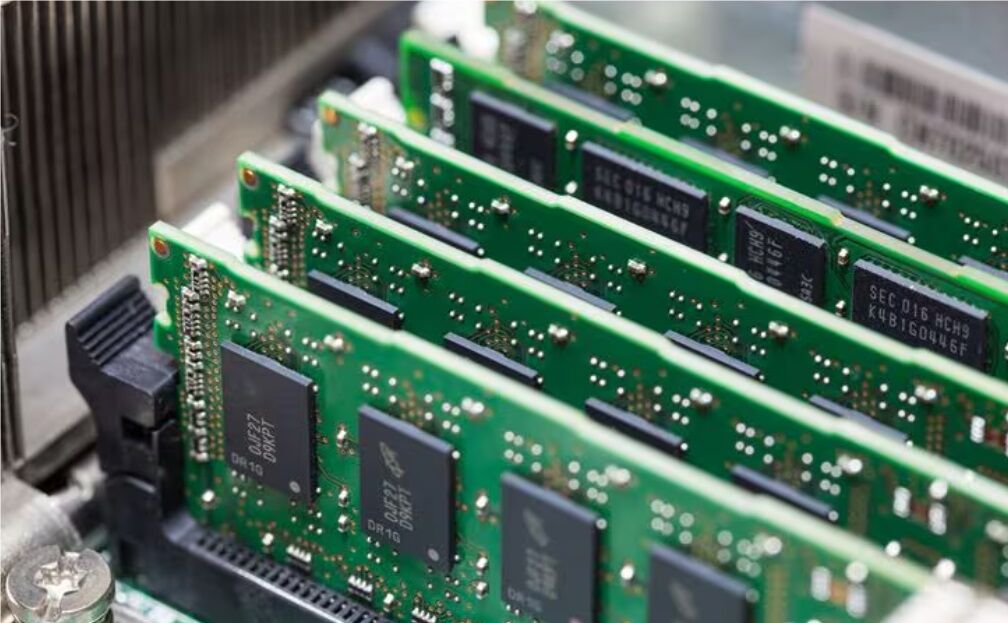

All Comments (0)